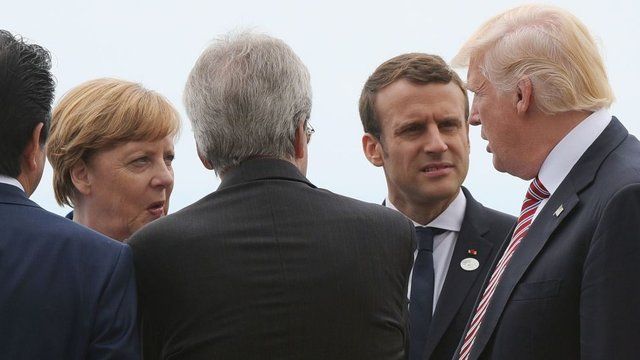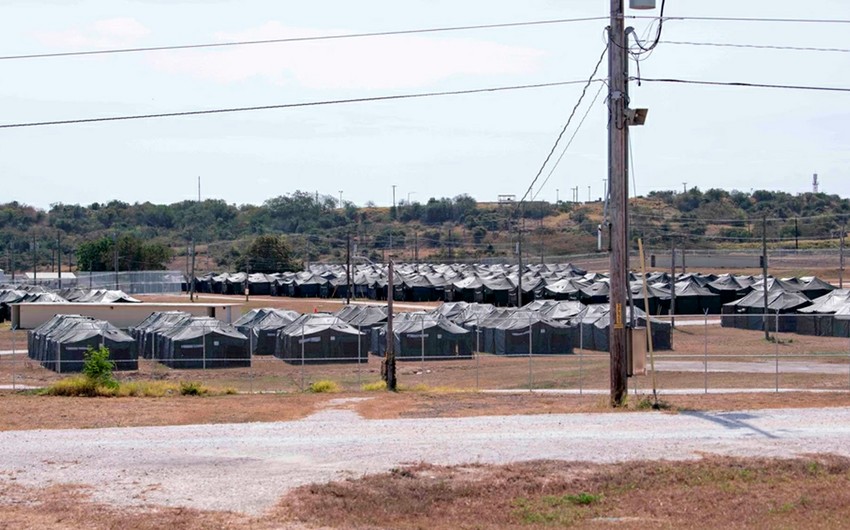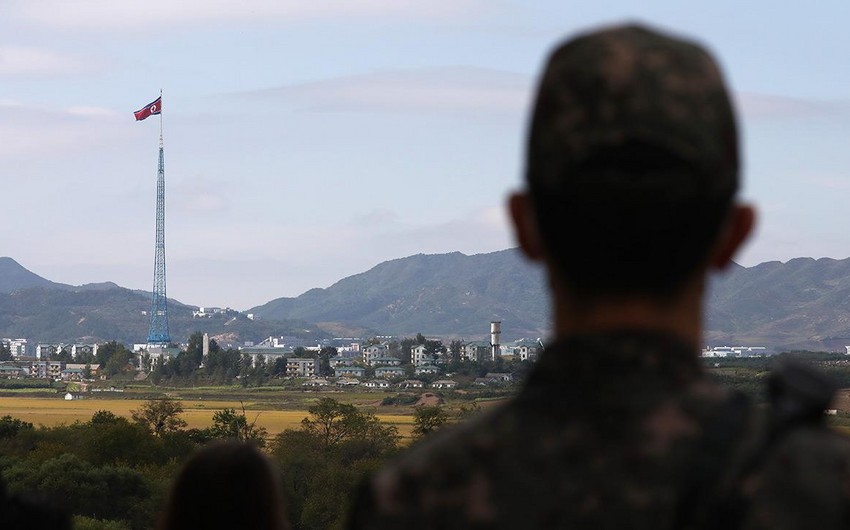Globalization has evolved with each business cycle, sometimes due to innovation, while other times reflecting effects of policy changes.
A tipping point in global trade is adapting to changes in U.S. trade policy, seeking to level trade barriers with greater simplicity, consistency and transparency to promote free and fair trade that should reduce our trade deficit thereby boosting potential growth.
Capital markets responded predictably to uncertainty of dismantling the status quo of globalization norms that supported the maturing of emerging economies. Simultaneous trade negotiations were initiated with our key trading partners because pursuing “all at once” in parallel is typical of this administration.
Changes in policy also introduced President Trump's preference for bilateral agreements rather than complex multilateral agreements. The pivot in trade policies has not undermined U.S. soft power or hegemony, as many predicted.
The trade-weighted U.S. dollar appreciated 15 percent over five years and remains the world’s unrivaled reserve currency.
Game theory suggests non-cooperative players seeking to establish negotiating leverage might strategically embrace economic threats, which could expand into trade wars. Under "Mutually Assured Economic Destruction," the desire to negotiate increases if both players are incentivized to avoid detrimental conflict.
Imposing tariffs were assumed to be the third rail of trade policy, but this audacious move holds the best hope for revolutionary trade reform. Devaluing currencies or imposing trade barriers are untenable ways to promote trade advantage.
It is clear that engaging negotiation required unconventional leverage, which threats of tariffs provided. Currency devaluation translates faster into competitive advantage, but trade barriers can maintain an edge for longer.
Unfair trade practices and currency manipulation drove the U.S. trade deficit over $800 billion/year, so it is not surprising the U.S. finally took radical initiative.
The World Trade Organization (WTO) has been ineffective as tariffs, trade barriers, quotas and regulations piled up on U.S. imports. Generally, trade agreements should be unnecessary if the WTO was more effective.
President Trump suggested at the recent Group of Seven (G7) meeting that countries should simply eliminate all tariffs and trade barriers, exposing the real problem no one wanted to discuss.
Beyond efforts to level trade inequalities, the U.S. should focus on bilateral agreements, which are less compromised and more realistically achievable, as well as more sustainable. Strategic tariffs created urgency to complete bilateral trade agreements with Japan, China, Korea, U.K. and the EU, as well as renegotiate the North American Free Trade Agreement (NAFTA).
The liberal international order seeks credit for decades of prosperity and peace, yet America’s real advantage lies in its founding principles, including democratic freedom, free-market capitalism, individual liberty, property rights, equal opportunity and rule of law that has endured for centuries.
Hypothesized secular stagnation has been exposed as a relic of poor trade, fiscal and regulatory policies that are being reversed. The U.S. has maintained overwhelming military power and influence, while providing foreign aid and subsidizing global trade.
Retreat from the latter doesn’t imply abandoning free trade. Indeed, pursuit of free and fair trade globally was never more desirable.
Concern about selfish ugly protectionism in pivoting foreign policies might be better described as an awakening of pragmatic realism, seeking effective negotiating leverage within bilateral agreements to renew more efficient trade and raise U.S. potential growth.
Export controls on defense-oriented technologies protected U.S. interests for decades, but sensitive innovation is increasingly developed in the private sector. The Committee on Foreign Investment provides an effective mechanism to protect U.S. interests, while maintaining fair market access.
Updating these policies and regulations address needs that no trade agreement can manage. Chinese acquisitions and partnerships secured transfer of proprietary innovations, but such cross-border deals are likely to be increasingly regulated.
The U.S. and U.K. are considering new national security policies to restrict transfer of sensitive commercial intellectual property to other countries. Intellectual property are national assets and critical to protect.
We expect improving economic growth, corporate earnings, net exports, investment, competitiveness and productivity from fiscal, regulatory and trade reforms.
Adaptive robotics, machine learning, modern sensors and additive manufacturing have flattened labor cost advantages of developing countries and should bolster the trend of U.S. production on-shoring.
Trade balances for developed countries, including the U.S., should benefit most from narrowing manufacturing costs and reduced trade barriers as consumer proximity, improving logistics and quality become more important, while manufacturing labor intensity diminishes.
Uncertainty, reflected in market volatility, considers whether tariff threats are a useful negotiating tactic and threaten to increase inflation. We expect the U.S. to negotiate from a position of strength given economic stability with the widest trade deficit, high services dependency and less export-reliance provides the ability to be patient.
U.S. fallout has been limited. It in no way has resembled the dreadful effects of real protectionism, such as Smoot-Hawley, which clipped growth by 8 percent in 1930. Instead, the new global order should naturally bolster global growth, as the U.S. gains advantage in leading policy reforms.
Trade anxieties fueled volatility, but emerging market equities and various currencies took the brunt, which suggests patience of China and others might wear thin soon.
While uncertainty likely limited increases in equity indices and Treasury yields, we expect stronger potential growth to drive investment, equity prices and bond yields higher once this transitory uncertainty passes.





.jpeg)




